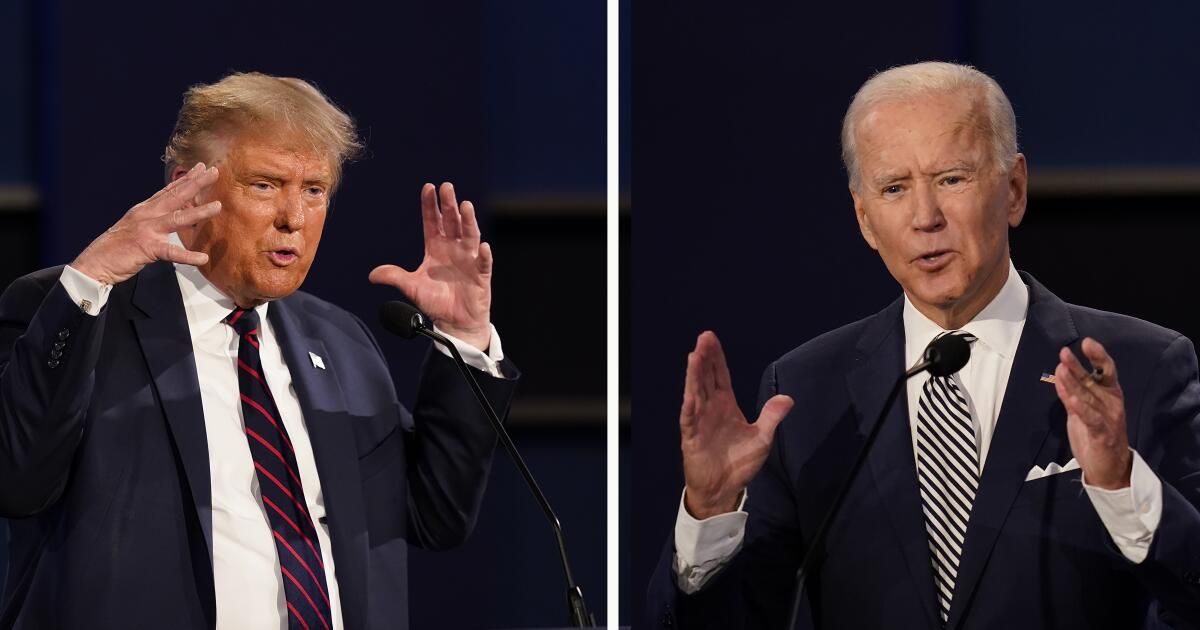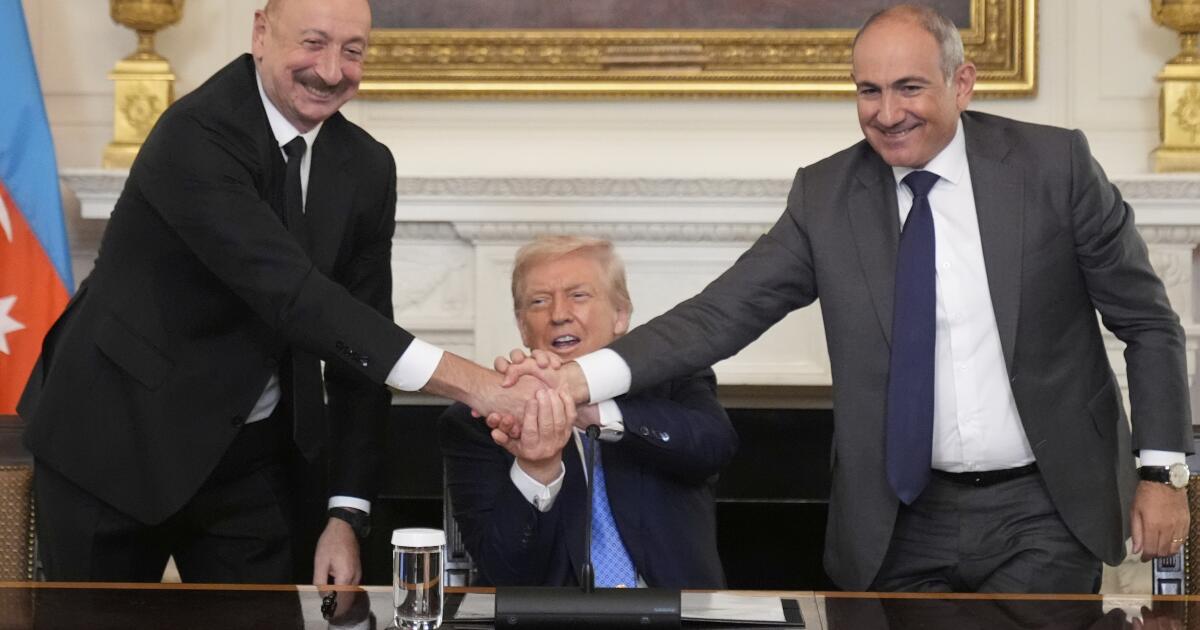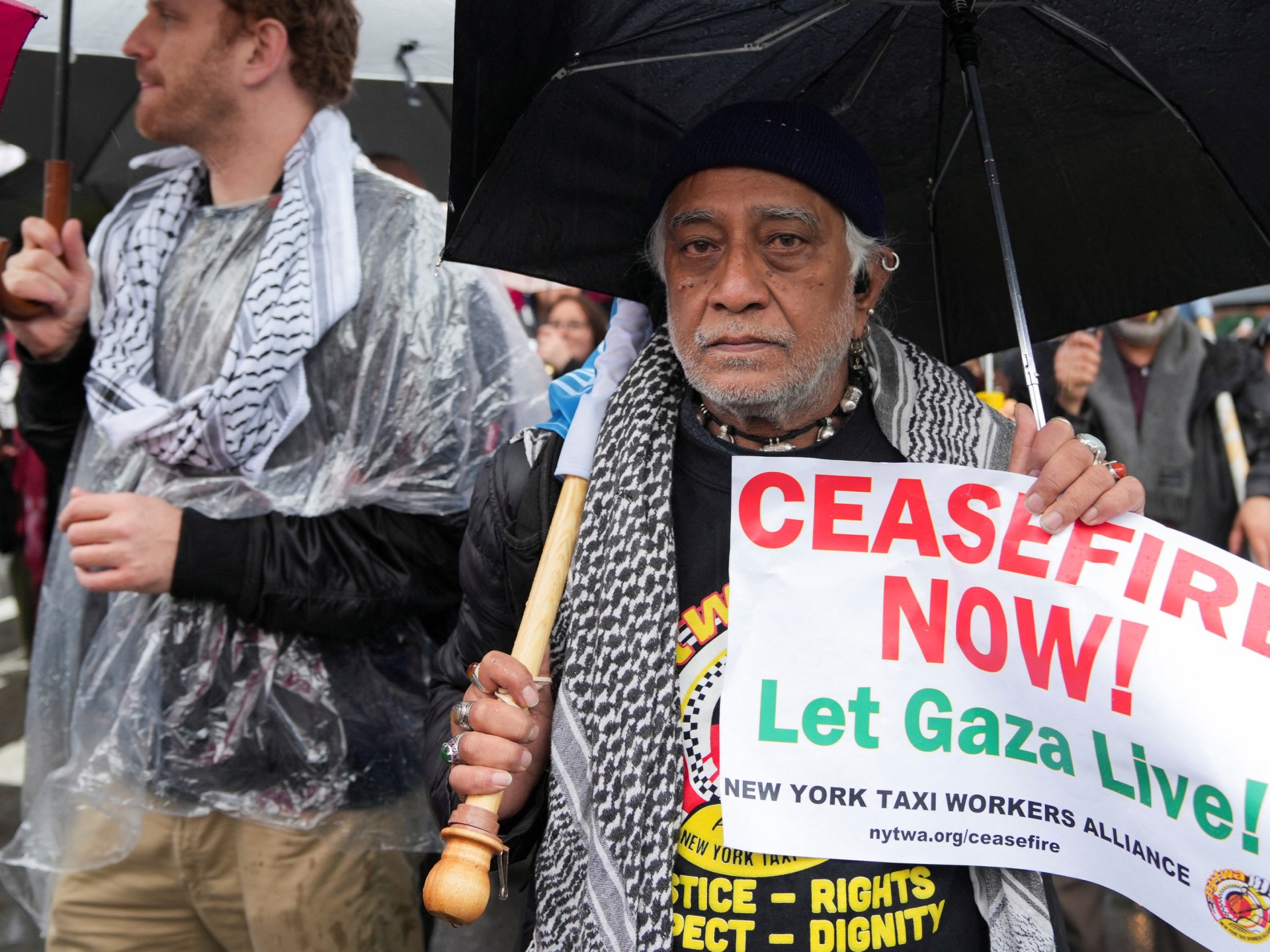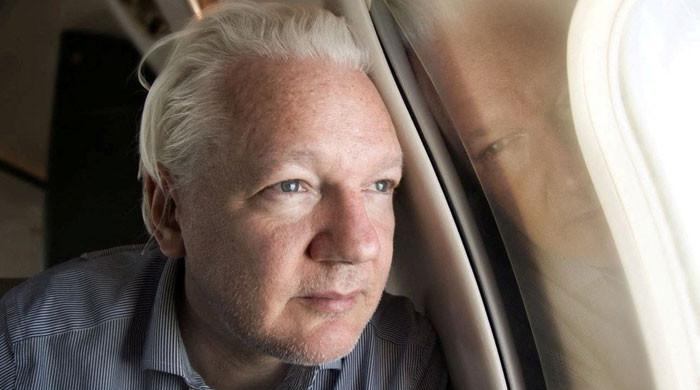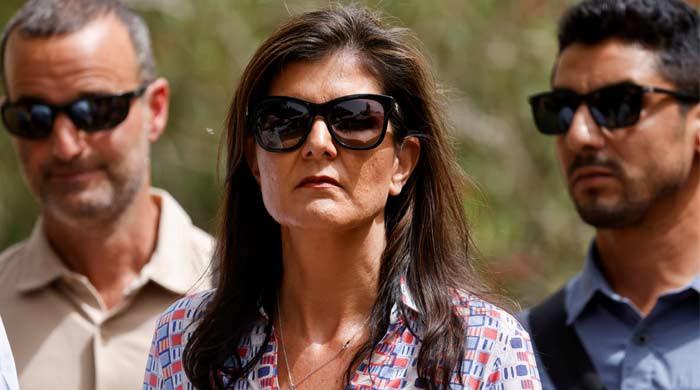Today we talk about travel, leisure, sunsets and presidential debates.
Well! It looks like we'll have two debates between Biden and Trump to get us through this summer.
So it seems. But who knows.
Wait. Shouldn't I cancel my dream vacation yet?
I would not do it.
I mean, I don't want to burst your party balloon. If a political debate is your idea of a good time—rather than, say, sitting on the sugary sands of some beach watching a dappled sunset over the water—more power to you!
But we are still a long way from the moment when President Biden and former President Trump share a debate stage.
I thought everything was fixed.
The potential debates came together fairly quickly after Biden issued a mocking challenge and Trump immediately agreed to two face-to-face meetings.
The first is scheduled for June 27 on CNN. The second is scheduled for September 10 on ABC.
However, there are still many details to be worked out and many opportunities for one party to walk away.
Remember, in 2020 Trump walked out of a debate with Biden because the terms (a remote setup, taken as a precaution during the COVID-19 pandemic) were not to his liking.
I thought all the details were worked out by an independent debate commission.
That's how it used to work.
Beginning in 1987, the Commission on Presidential Debates (a nonprofit entity with a bipartisan board of directors) worked with television networks to host three presidential debates and one vice-presidential debate each election cycle.
Issues such as format, choice of moderators, and seating (or standing) arrangements were resolved beforehand.
All candidates had to do, other than study for the 90-minute sessions, was show up.
So what happened?
The commission laid out its plans for four debates this fall, beginning Sept. 16 and ending Oct. 9. But Biden and Trump chose to ignore the commission and ignore its proposed timetable.
Can they do that?
Yes effectively. There is absolutely no requirement that candidates comply with the commission's recommendations, or debate at all.
Jeepers.
Actually, the move wasn't that surprising.
Trump was unhappy with the commission for several reasons. He complained about the chosen moderators in 2016 and again in 2020. He also disliked the decision to mute the candidates' microphones during parts of the second 2020 debate after he persistently talked about Biden in their first meeting.
Two years ago, at Trump's urging, the Republican National Committee officially withdrew from the debate commission.
So Trump blew it up.
No. Biden also had problems with the commission.
Two of his top political advisers, Anita Dunn and Ron Klain, were part of a bipartisan panel that issued a report in 2015 calling for an overhaul of the presidential debate process by, among other things, expanding the pool of potential moderators and eliminating moderators in the place. hearings.
The bottom line is that both campaigns thought it was in their best interests to leave the commission and work out a debate schedule for themselves.
So is it beneficial for Biden and Trump?
You could look at it that way.
Biden would undoubtedly have preferred not to get close to Trump. If he had won, the president could have fulfilled his wish.
But the two major party candidates were already expected to hold debates, and if Biden had refused, it would have raised more unwanted questions about his health and stamina.
By accepting two debates, and nothing more, Biden limits the risks of a stumble that jeopardizes the campaign. Additionally, by holding the debates earlier than usual (the last one takes place almost two months before Election Day), he gives the president plenty of time to recover politically if his performance isn't stellar.
That said, Biden could be a fool, or at least perform pretty decently. He has shown a penchant for rising to important occasions, such as his well-received State of the Union address in March.
What does Trump gain from this?
He has been salivating to get on stage with Biden, repeatedly saying he would debate the president anytime, anywhere. So Trump couldn't refuse when Biden responded: Okay, let's do it.
More than that, Trump and his strategists are completely convinced that Biden is a walking, or rather wobbly, disaster. In fact, while it is typical for a candidate to downplay expectations (the better to boast about his performance once the debate is over), Trump has done the opposite.
He has described Biden as “the WORST debater I have ever faced” and a man who cannot “put two sentences together.”
So if you put two sentences together, does Biden win?
I wouldn't say that.
It doesn't matter how high or low the expectations Biden or Trump set. Voters can observe and judge his performances regardless of any pre-debate spin. That's why tens of millions of people tune in. The debates offer one of the few times during a campaign when candidates can be seen unscripted and thinking and acting quickly.
What about other candidates?
Both Trump and Biden would be happy to exclude Robert F. Kennedy Jr., the leading independent candidate, since neither side is sure who it helps or hurts more.
Regardless of Kennedy's performance, being on the same stage as Biden and Trump would automatically elevate his candidacy.
That's another reason the two major party candidates agreed to their own deals, although Kennedy could still qualify under the criteria set by CNN and ABC. His participation is one of the open questions surrounding the debates and something that could end up rejecting one or both of them.
So should I move forward or cancel my summer plans?
Forward. Go out and see the world. It's summer!
If you're worried about missing out on the political action, make sure your cabin or mountain nest has reliable Wi-Fi.

